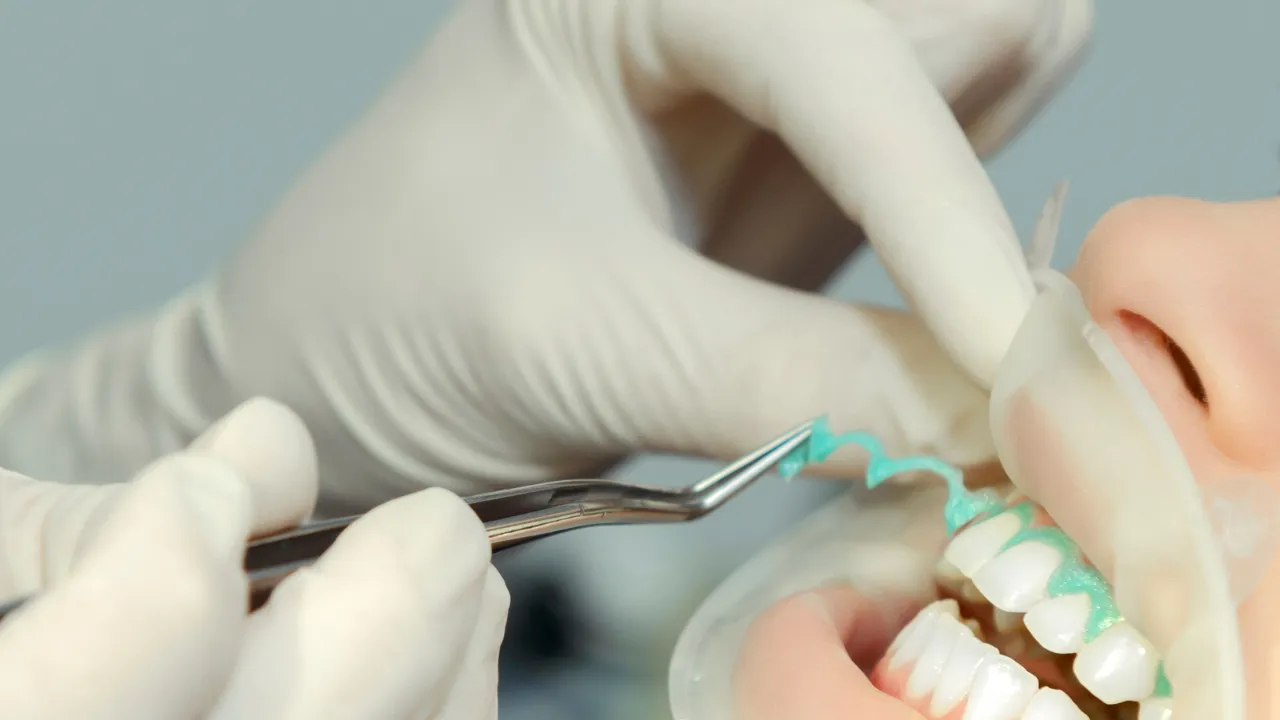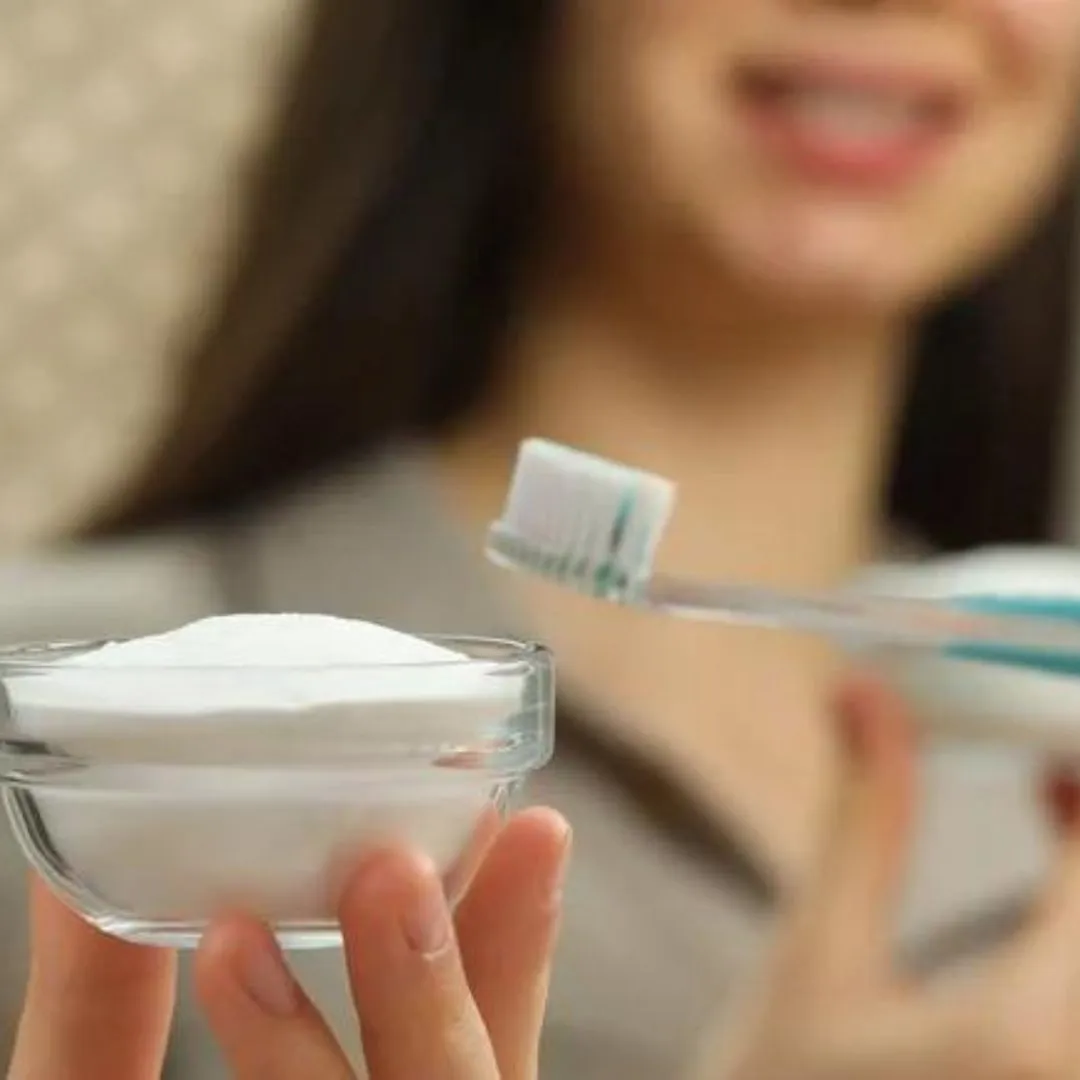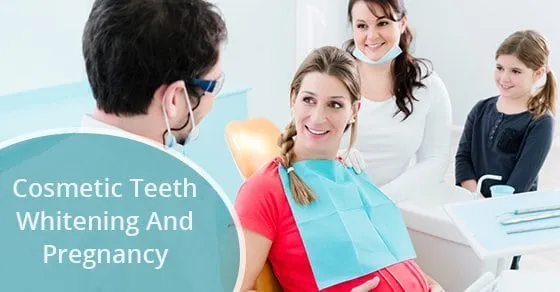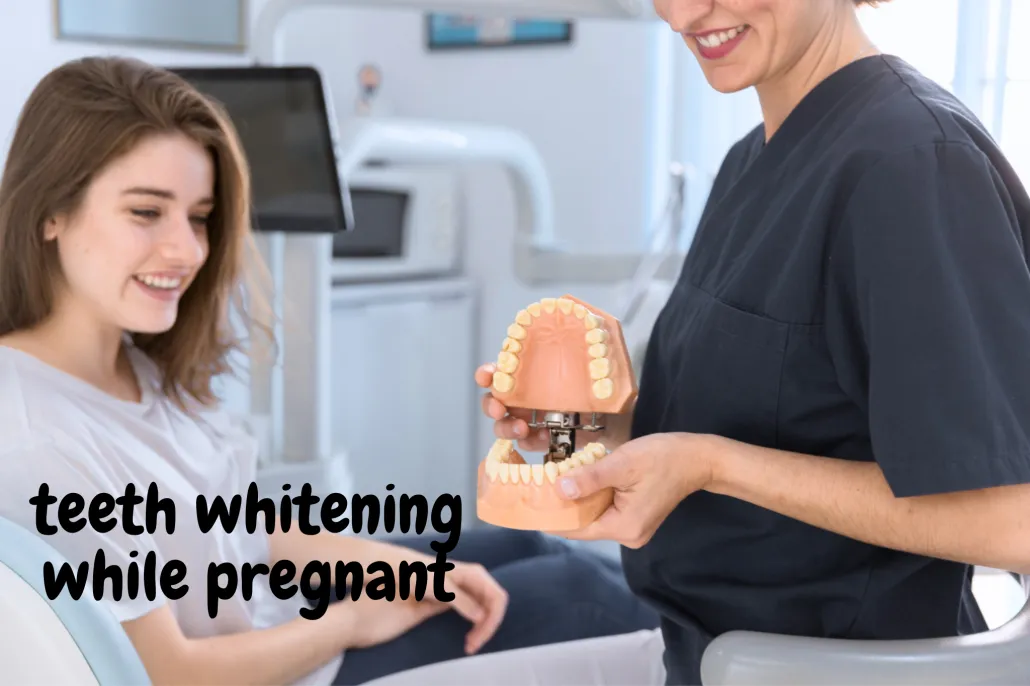Understanding Teeth Whitening During Pregnancy
Pregnancy is a transformative journey, bringing about significant changes in a woman’s body, including her oral health. While the desire for a bright, white smile is common, it’s crucial to prioritize the health and safety of both the mother and the developing baby. This article delves into the considerations surrounding teeth whitening during pregnancy, offering guidance on how to maintain a healthy and radiant smile while navigating this special time. Understanding the potential risks and benefits, along with exploring safe alternatives, is key to making informed decisions that support both your oral health and your baby’s well-being. Remember to always consult with your dentist before undertaking any teeth whitening procedures during pregnancy.
Why Pregnancy Impacts Dental Health
Pregnancy significantly alters a woman’s body, and this includes the mouth. Hormonal fluctuations, particularly increased levels of estrogen and progesterone, can make the gums more sensitive and prone to inflammation. This heightened sensitivity, known as pregnancy gingivitis, can cause the gums to bleed easily when brushing or flossing. Moreover, morning sickness and frequent vomiting expose teeth to stomach acid, which can erode enamel and increase the risk of cavities. Additionally, changes in dietary habits and increased cravings for sugary foods can further contribute to dental problems. Therefore, maintaining good oral hygiene and being aware of these changes is crucial during pregnancy.
Hormonal Changes and Oral Health

The surge in hormones, particularly estrogen and progesterone, during pregnancy plays a significant role in the increased risk of dental issues. These hormones make the gums more susceptible to inflammation and bleeding, a condition known as pregnancy gingivitis. The gums may become tender, swollen, and more prone to bacterial infections. This can lead to discomfort and, if left untreated, can progress to more severe forms of gum disease. Regular dental check-ups and diligent oral hygiene practices are essential to mitigate these effects and maintain healthy gums throughout pregnancy. The impact of these hormones underscores the importance of proactive dental care during this time.
Common Dental Issues in Pregnancy
Several dental issues are more prevalent during pregnancy. Pregnancy gingivitis is a common concern, characterized by inflamed and bleeding gums. Increased acidity in the mouth, due to morning sickness and vomiting, can erode tooth enamel, making teeth more vulnerable to cavities. Additionally, the increased levels of hormones can sometimes lead to the development of pregnancy tumors, benign growths that appear on the gums. These tumors are usually painless and disappear after pregnancy, but they may require treatment if they interfere with eating or oral hygiene. Regular dental check-ups and good oral hygiene habits are critical to addressing and preventing these issues.
The Safety of Teeth Whitening Ingredients
When considering teeth whitening during pregnancy, understanding the ingredients and their potential effects is paramount. The primary active ingredients in teeth whitening products are hydrogen peroxide and carbamide peroxide. These chemicals work by breaking down stains on the teeth, leading to a brighter appearance. However, the safety of these ingredients during pregnancy is a subject of ongoing debate and research. It’s essential to consult with a dentist to assess the risks and benefits, as the potential impact on the developing fetus is a critical consideration. Always prioritize the safety of both mother and baby when making decisions about dental treatments.
Hydrogen Peroxide and Pregnancy

Hydrogen peroxide is a common ingredient in many teeth whitening products. While it’s generally considered safe for short-term use, its safety during pregnancy is not fully established. The primary concern revolves around the potential for the peroxide to be absorbed into the bloodstream, although the extent of this absorption is debated. The effects of hydrogen peroxide exposure on a developing fetus are not fully understood, prompting caution from dental professionals. Therefore, it’s usually recommended to avoid or minimize the use of hydrogen peroxide-based teeth whitening products during pregnancy, especially those with higher concentrations. Consulting with a dentist is crucial to assess the risks and make informed decisions.
Carbamide Peroxide and Pregnancy
Carbamide peroxide is another commonly used whitening agent, and it breaks down into hydrogen peroxide and urea. The safety concerns associated with carbamide peroxide during pregnancy are similar to those of hydrogen peroxide. There’s a lack of conclusive evidence on the effects of carbamide peroxide exposure on the developing fetus, making it a subject of caution. It’s essential to be aware that while carbamide peroxide may be used in professional settings, its safety profile during pregnancy is not entirely clear. Dentists often advise against using carbamide peroxide-based whitening products during pregnancy to mitigate potential risks. Always seek professional dental advice before using any whitening products while pregnant.
Other Whitening Agents to Avoid
Beyond hydrogen peroxide and carbamide peroxide, other whitening agents may also pose potential risks during pregnancy. Some products may contain harsh chemicals or abrasive substances that could irritate sensitive gums or cause other adverse reactions. It is best to avoid products with high concentrations of any chemical agent. It’s essential to carefully review the ingredients of any teeth whitening product before use and to consult with a dentist regarding their safety. Always prioritize products that are specifically recommended or deemed safe by dental professionals during pregnancy. Prioritize the well-being of both mother and baby by avoiding potentially harmful ingredients.
Top 7 Safety Facts About Teeth Whitening

Navigating the world of teeth whitening during pregnancy requires careful consideration. Here are seven key safety facts to keep in mind to ensure a healthy and bright smile while prioritizing the well-being of both mother and baby.
Fact 1 Consult Your Dentist First
Before considering any teeth whitening procedure during pregnancy, the first and most crucial step is to consult with your dentist. Your dentist can assess your oral health, evaluate the potential risks and benefits of teeth whitening, and provide personalized recommendations based on your specific situation. They can also advise you on safe alternatives or recommend postponing whitening until after pregnancy. This professional consultation ensures that any decisions about teeth whitening are made with the health and safety of both you and your baby in mind. This is a critical first step to take before any other actions.
Fact 2 Professional Whitening is Often Safer
If you and your dentist decide that teeth whitening is appropriate, professional treatments administered by a dentist are often considered safer than over-the-counter options. Dentists have the expertise and tools to control the concentration of whitening agents and to monitor your oral health throughout the process. They can also take measures to protect your gums and minimize the risk of any potential side effects. While no procedure is completely risk-free, professional whitening offers a higher degree of safety and control. It is always better to have an expert administer these types of procedures to minimize any unwanted side effects.
Fact 3 Consider the Trimester

The stage of your pregnancy can influence the safety and appropriateness of teeth whitening. Some dentists may recommend delaying whitening procedures, especially during the first trimester, when the baby’s organs are developing. The second trimester is sometimes considered a safer time for dental procedures, but a discussion with your dentist is crucial to determine the best course of action. Always consider the specific trimester you are in and discuss the implications with your dentist before proceeding with any teeth whitening treatment. This ensures that any procedures align with the safest practices.
Fact 4 Avoid Strong Chemicals
When considering teeth whitening during pregnancy, it’s essential to avoid products with strong chemicals. High concentrations of hydrogen peroxide or carbamide peroxide can potentially pose risks, as the full extent of their impact on a developing fetus is not completely understood. Opt for products with lower concentrations of these agents and always consult your dentist for guidance on safe alternatives. Prioritizing products with gentler formulations helps minimize the risk of potential complications. Make sure to carefully read all labels and ingredients to ensure that the product is safe for use while pregnant.
Fact 5 Be Wary of Over-the-Counter Products
Over-the-counter teeth whitening products, such as whitening strips and gels, may not be the safest choice during pregnancy. These products often have varying concentrations of whitening agents and may not be as carefully regulated as professional treatments. They also might not be suitable for individuals with sensitive gums or other oral health issues. Always consult your dentist before using any over-the-counter whitening products and follow their specific recommendations. It is always best to put your trust in experts, especially during pregnancy, as the health of the mother is critical during this time.
Fact 6 Maintain Good Oral Hygiene

Regardless of whether you choose to whiten your teeth, maintaining excellent oral hygiene is crucial during pregnancy. Brush your teeth twice a day with a fluoride toothpaste, floss daily, and attend regular dental check-ups and cleanings. Good oral hygiene helps to prevent cavities, gum disease, and other dental problems. It also contributes to a healthier mouth environment, which can reduce the risk of complications during pregnancy. Make sure that all aspects of oral hygiene are followed, as these aspects will lead to a healthier mouth and may reduce unwanted side effects.
Fact 7 Discuss Alternatives with Your Dentist
If you have concerns about the safety of teeth whitening during pregnancy, discuss alternative methods with your dentist. Options such as professional dental cleaning, improving your oral hygiene routine, and making dietary adjustments can help maintain a brighter smile without the use of whitening agents. Your dentist can provide personalized advice and suggest alternative solutions that align with your individual needs and preferences. These alternative options help to ensure a healthy and bright smile during pregnancy and beyond.
Alternative Methods for a Brighter Smile During Pregnancy
If you’re hesitant about teeth whitening during pregnancy, several alternative methods can help you maintain a brighter smile while ensuring the safety of both you and your baby. These alternatives focus on improving oral hygiene and making lifestyle adjustments to achieve a healthy and radiant smile naturally.
Professional Dental Cleaning

Regular professional dental cleanings are an excellent way to remove surface stains and plaque, revealing a brighter smile. During a cleaning, your dentist or dental hygienist will use specialized tools to thoroughly clean your teeth and polish them, removing any discoloration caused by food, drinks, or other factors. Professional cleanings are safe during pregnancy and can significantly improve the appearance of your teeth. Regular dental visits are a cornerstone of good oral hygiene and are an excellent way to achieve a brighter smile without the use of whitening agents.
Maintaining Excellent Oral Hygiene
Proper oral hygiene is crucial for maintaining a healthy and bright smile. This includes brushing your teeth twice a day with fluoride toothpaste, flossing daily, and using mouthwash. Consider using a soft-bristled toothbrush to avoid irritating sensitive gums, especially during pregnancy. Good oral hygiene helps remove surface stains and prevents the build-up of plaque and tartar, which can contribute to discoloration. By diligently following these practices, you can naturally enhance the brightness of your smile while promoting overall oral health. This also helps to reduce the chances of side effects or problems later on.
Dietary Adjustments for a Healthier Smile
Making dietary adjustments can also contribute to a brighter smile during pregnancy. Limiting the consumption of staining foods and drinks, such as coffee, tea, red wine, and berries, can help to reduce discoloration. Drinking plenty of water throughout the day can help rinse away food particles and bacteria, preventing stains. Eating a diet rich in fruits, vegetables, and other nutrient-dense foods promotes overall oral health, which can indirectly lead to a brighter smile. By making conscious dietary choices, you can support a healthy and radiant smile while prioritizing your overall well-being.
Making Informed Decisions
Teeth whitening during pregnancy requires careful consideration and informed decision-making. By understanding the potential risks and benefits, consulting with your dentist, and exploring safe alternatives, you can make the best choices for your oral health and the well-being of your baby. Always prioritize the safety of both mother and child, and remember that a healthy smile is achievable with the right approach and guidance.
